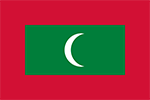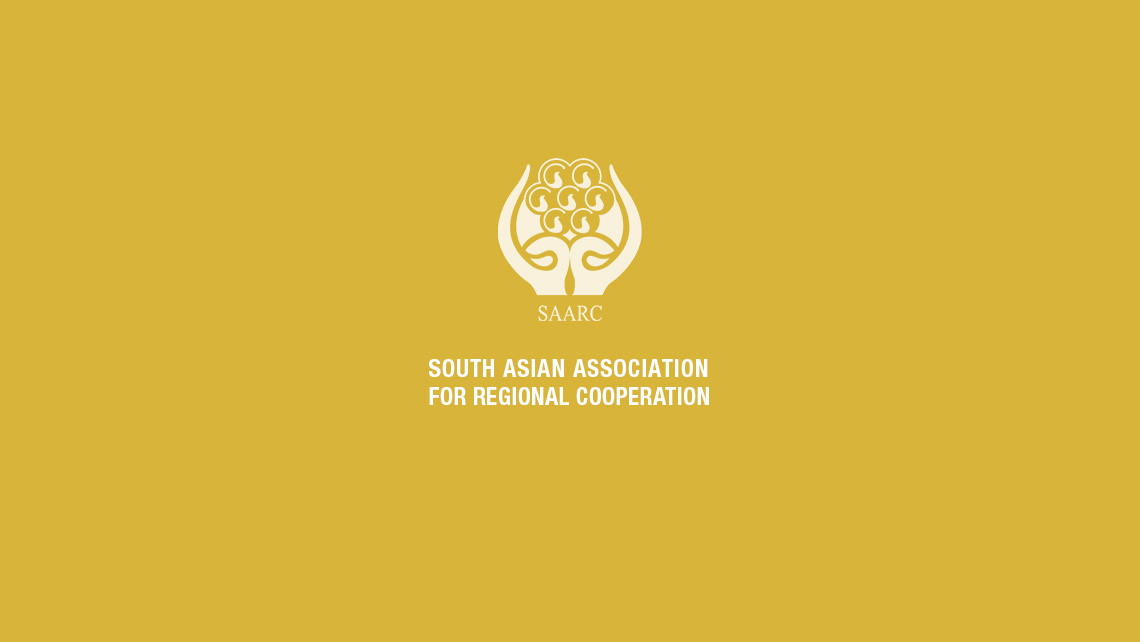H. E. Mr. Amjad Hussain B. Sial, Secretary General of the South Asian Association for Regional Cooperation (SAARC), addressed the Fourteenth Informal Meeting of the SAARC Finance Ministers in Washington, on 17 October 2019.
In his address, the Secretary General thanked the World Bank for facilitating holding of this Informal Meeting of SAARC Finance Ministers. This is the first Informal Meeting being held on the sidelines of an Annual Meeting of the World Bank.
The Secretary General said that SAARC looks forward to strengthening cooperation and partnership with the World Bank for achieving the goals of poverty reduction, enhancing economic cooperation and regional integration, trade facilitation, improving financial accountability, and capacity building, in conformity with the MoU signed between the two organizations in 2006.
He said that the primary objective of SAARC is to promote the welfare of the peoples of South Asia and to improve their quality of life through accelerated economic growth in the region. Improvement in economic relations among the Member States is the key to accelerated economic growth for improving standards of living of peoples.
He said that the theme of this Meeting bears considerable significance in view of the increasing emphasis being given to regional economic integration. This is one dimension of the visionary goal set by our leaders for achieving the South Asian Economic Union (SAEU) in a phased and planned manner through creation of a Free Trade Area, a Customs Union, a Common Market, and a Common Economic and Monetary Union.
He said trade facilitation has been recognized as an important tool for higher economic growth and reducing poverty in developing countries. Studies have shown that there are several bottlenecks that cause considerable trade delays and high transaction costs in South Asia. Better trade facilitation will promote trade and economic development in South Asia. The emphasis on trade facilitation, is thus timely and appropriate, especially in view of its significant positive impact on economic development.
He said that for deeper regional economic integration and promotion of intra-SAARC trade, it is necessary to work collectively to bring down tariffs; eliminate non-tariff barriers (NTBs) and para-tariff barriers (PTBs); reduce sensitive lists under SAFTA; enhance energy cooperation; implement SATIS; improve regional connectivity by rail, road, air and maritime; introduce measures for visa facilitation; finalize the SAARC Agreement on Promotion and Protection of Investments; widen the scope of the SAARC Agreement on Avoidance of Double Taxation and Mutual Administrative Assistance in Tax Matters; and harmonize customs procedures and documentation to facilitate movement of goods and services across the region.
Kathmandu, 18 October 2019









